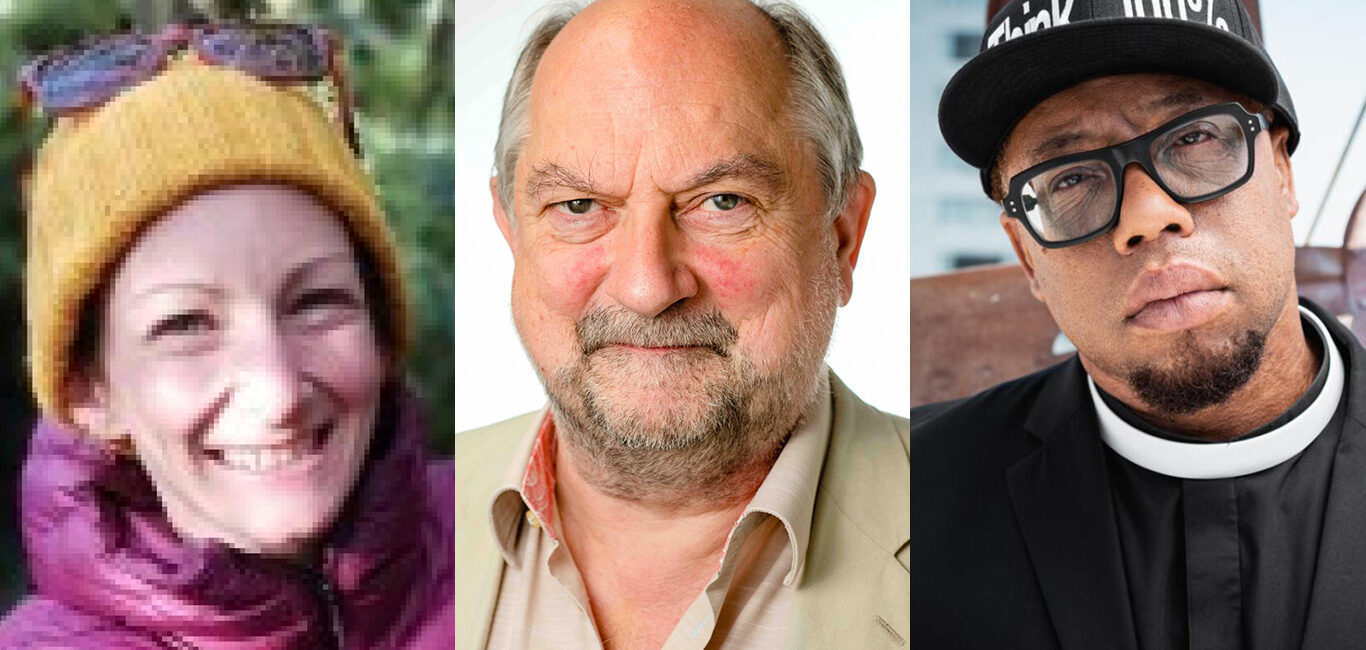On 9 March 2021, Cumberland Lodge inaugurated its virtual conference, Climate Futures: Youth Perspectives. The theme of the opening session was education for sustainability. Participants from all over the UK and from across the globe shared their ideas and insights on how education could better function in view of the plethora of issues that come along with climate change.
Making the most of the virtual format, participants were able to take part in live polls and questions, and breakout-room discussions to allow their voices to be heard.
Currently, pandemic restrictions are omnipresent, but the virtual nature of this conference allowed for international participation, giving rise to a great variety of perspectives. It also came at a vital time, where generational junctions of hopes, dreams, worries, and fears about the environment, our role as humans in this world, and preserving quality of life, have reached a critical mass of importance that does not allow the issue to be ignored.
In this session, participants embarked on an exploration of the importance of education for a sustainable future, and how, ultimately, environmental education ties into a host of other societal issues, such as justice, equality of opportunity, and the distribution of social welfare.
The discussion was fostered by the valued insights and input of three guest speakers:
- Meg Baker – Director of Education, Students Organising for Sustainability
- Professor Justin Dillon – Professor of Science and Environmental Education, University of Exeter
- Rev Lennox Yearwood Junior – President and Founder, Hip Hop Caucus (joining us from Washington DC).
Key points
With academic insight, the first speaker provided valuable framing for the discussion by outlining the current condition of the UK climate education system. They argued that it is the product of the development of environmental education in the UK in the 20th century, of which they provided a brief history. This has amounted to a number of shortcomings: for example, it is characterised by hyper-discretion and hyper-specialisation, whereby subjects tend to focus on merely referencing the mechanics of physical phenomena. This inevitably leads to a fragmented system, which lacks a holistic approach to the understanding of the environment as a whole.
Another speaker shared pictures with us of how students who are passionate about doing something about climate change are taking action, but they also shared statistics to show that young people are not only worried, but also feel ill-equipped for the climate challenges that lie ahead. They argued that all three identified types of curricula – formal, informal and subliminal – are essential in creating a more holistic, interconnected understanding of sustainability. They advocated for an education system that doesn’t just teach knowledge, but also builds skills and attributes that will be needed to tackle the climate crisis
One speaker provided much food for thought on the awakening and newfound agency of the non-governmental sector, with a particular focus on grassroots movements. They argued that climate change and environmental hardship disproportionally affects more marginalised populations, in what they called ‘sacrifice zones’. These zones are where those who hold power choose to concentrate the adverse ramifications of environmental issues. In order to fight such practices, this speaker advocated for societies to tap into ‘GOTA’ (Genius Outside the Academy) – to transfer valuable information out of the higher educational echelons towards those who need it the most.
Additionally, the point was made that those who hold information owe it to society to fight silo thinking and to inspire and empower people everywhere to learn and work towards positive change; a sentiment that was distilled into the phrase, ‘shape policy or policy will shape you’. There is no one single way to do this; it is not just through community organising and protest that change happens; music, spoken word, and other forms of culture are just as potent as catalysts for changing social sentiment and sharing information.
These powerful, albeit brief, thoughts from the speakers gave ample ground for fruitful discussions in smaller breakout groups, in which people from all ages and sectors talked about the issues they faced in education, regarding sustainability and the environment both now and looking backwards, and how things might be changed. These thoughts, hopes, fears and experiences were then exchanged in the general session.
Amongst these, participants shared many powerful experiences of how climate change had changed lives but also how education and the dissemination of information was vital for avoiding further harm. An overarching theme became evident: awaiting a top-down formal approach to accelerate the change that is required through education will not be enough to address the graveness of the environmental challenges at hand.
It is therefore, up to us all, as people committed to a greater good, to be activists for change. The way to do this, first and foremost, is through a holistic and inclusive education, not one that is monopolised by formal institutions. Grassroots and interpersonal education both have a stake in the necessary sharing of information that will enable the change that is needed.
My own reflections
What the discussion meant to, and awoke in, me was feelings of necessity, and how those couple with responsibility in the face of the immanence of climate change. It is one thing to acknowledge the gravity of the situation we face; it is another to do something about it. No matter how much change a single person makes, a multitude of people can bring about even more.
Taking this meaning to heart, education, both formal and information, can stand as the means to make this happen. Education can interconnect and motivate change through the breaking down of boundaries. It encourages and empowers people to speak about climate honestly and in good faith. Yet, if we keep the information exchange and education amongst the few, society’s response will be impaired in the direst of situations we are sure to face.
To wrap up but not to take rest, I would like to share an invitation to engage in environmental education and sustainability issues, not as a passive listener, but instead as an active participant. Read, speak, share, vote, shape!
It is important to connect education of the environment and sustainability with a narrative written in the active voice, not the passive. The power of information and skill transfer is vital, but it can only be a communal effort. It is therefore our responsibility not only to do something about it, but to do so together.
‘We are each other’s harvest; we are each other’s business; we are each other’s magnitude and bond.’ – Paul Robeson by Gwendolyn Brooks (1984)


